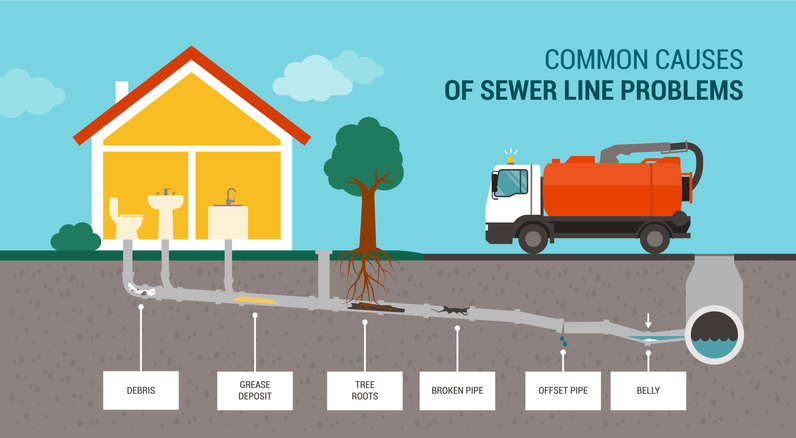As loved ones age or face health challenges, many families turn to home-care services to ensure their safety, comfort, and well-being.
Home care allows seniors and individuals with disabilities or chronic conditions to stay in familiar surroundings while receiving the support they need. Choosing the right care can feel overwhelming, but with the right guidance, families can make thoughtful and confident decisions.
This article offers a clear and simple guide to help families understand home-care services, the types available, how to choose the best option, and what to expect from providers.
What Are Home-Care Services?
Home-care services refer to professional support that helps individuals live safely at home. These services can include assistance with daily tasks, medical care, companionship, and more.
Home-care providers are trained to help with: Bathing, dressing, and grooming, medication reminders and management, meal preparation and feeding, light housekeeping and laundry, transportation to appointments, and specialized care for health conditions.
Home care can be part-time, full-time, or even live-in, depending on the needs of the individual.
Types of Home-Care Services
There are several types of home-care services, each designed to meet specific needs:
Personal Care Assistance
This type of care helps individuals with daily personal tasks. A trained caregiver assists with hygiene, eating, mobility, and more. It is ideal for seniors who need support but do not require medical treatment.
Home Health Care
Home health care is provided by licensed medical professionals such as nurses or therapists. It includes wound care, physical therapy, monitoring vital signs, and other treatments ordered by a doctor.
Companionship Services
Companionship services focus on social interaction. Caregivers may play games, go for walks, or simply provide a listening ear. These services help reduce feelings of loneliness and improve mental well-being.
Specialized Care
Some individuals require specific care for conditions like Parkinson’s, stroke recovery, or dementia care. In such cases, caregivers with training in handling cognitive decline and behavioral changes are essential.
When Is It Time to Consider Home-Care Services?
Knowing when to seek home care can be difficult. Families may notice signs that indicate their loved one needs help, such as trouble with basic daily tasks, unexplained weight loss or poor hygiene, missed medications or confusion, frequent falls or mobility issues, and memory problems or wandering.
In cases of dementia care, early planning can make a big difference. Families who act quickly can ensure their loved one receives consistent, appropriate support while avoiding crises.
How to Choose the Right Home-Care Provider
Choosing the right home-care provider is one of the most important steps in the process. Here’s what to consider:
Start by Identifying Your Loved One’s Needs
Before you contact any home-care agency, make a list of what your loved one needs help with each day. Be honest about their physical, emotional, and medical needs. This list will help guide your search and make sure the caregiver can handle the required tasks.
Decide Between an Agency or an Independent Caregiver
You can choose to hire through a home-care agency or find an independent caregiver on your own. Each option has pros and cons. However, when hiring an independent caregiver, families must manage payroll, taxes, and legal issues. Most families prefer the peace of mind that comes with a reputable agency.
Check Qualifications and Certifications
Whether hiring through an agency or independently, always check that the caregiver has the right skills and credentials. Look for state licenses and certifications, CPR and first aid training, experience with similar cases, and a clean background check and references.
Don’t be afraid to ask for proof of training or work history.
Look for Compatibility and Comfort
The caregiver should be someone your loved one feels safe and comfortable with. Personalities matter just as much as skills.
Ask if the agency allows a trial visit or short-term care to test the match. If your loved one has strong opinions or preferences (such as a caregiver who speaks their language or shares cultural values), share this upfront.
Creating a Care Plan
A good home-care provider will help you create a personalized care plan. This plan outlines what services will be provided, when, and by whom.
The care plan should include a schedule of caregiver visits, a list of specific duties and goals, medical needs and instructions, emergency contact information, and regular check-ins or updates from the agency.
This plan can be adjusted over time as your loved one’s needs change.
Costs and Payment Options
Home-care services can be costly, so it’s important to understand your payment options:
Private Pay (Out-of-Pocket Payment)
Many families choose to pay for home-care services directly using their own money. This is called private pay.
It’s the most flexible option because you are not limited by insurance rules or government programs. Although private pay gives more control, it can become expensive over time.
Insurance Coverage
Some insurance policies help cover the cost of home-care services. The most common type is long-term care insurance. These policies are designed to help pay for care that isn’t covered by regular health insurance.
Some health insurance plans may also offer limited home-care benefits after a hospital stay. It’s a good idea to call your insurance company and ask what’s included.
Medicare and Medicaid
Government programs like Medicare and Medicaid may also help cover some home-care costs, depending on the situation. Medicare is a federal program for people age 65 and older, or those with certain disabilities. Medicare usually only pays for short-term home health care.
Medicaid is a state and federal program that provides more support for low-income individuals. In many states, Medicaid covers long-term home-care services, including help with daily activities, medical care, and dementia care.
Veterans’ Benefits
If your loved one is a veteran or the spouse of a veteran-they may qualify for home-care assistance through the Department of Veterans Affairs (VA). The VA has several programs that can help pay for care, such as the Aid and Attendance (A&A) Benefit, Homemaker and Home Health Aide Services, and Veteran-Directed Home and Community-Based Services (VD-HCBS).
To apply, contact your local VA office or visit the VA website. It’s helpful to gather service records, medical information, and financial documents before applying.
Choosing Compassionate and Quality Home Care
Home-care services can be life-changing for families seeking help for an aging or ill loved one. With the right information and thoughtful planning, you can find a service that brings comfort, safety, and support.
Whether your family needs simple daily assistance or specialized dementia care, home-care services can offer a path to peace of mind and a better quality of life.
Got questions? We’ve got answers! Check out our blog for more!

Dilawar Mughal is an accomplished author with a passion for storytelling. His works span various genres, from thrilling mysteries to heartfelt romance novels. With a keen eye for detail and a knack for character development, Sana Fatima weaves engaging narratives that captivate readers and transport them to new worlds.










